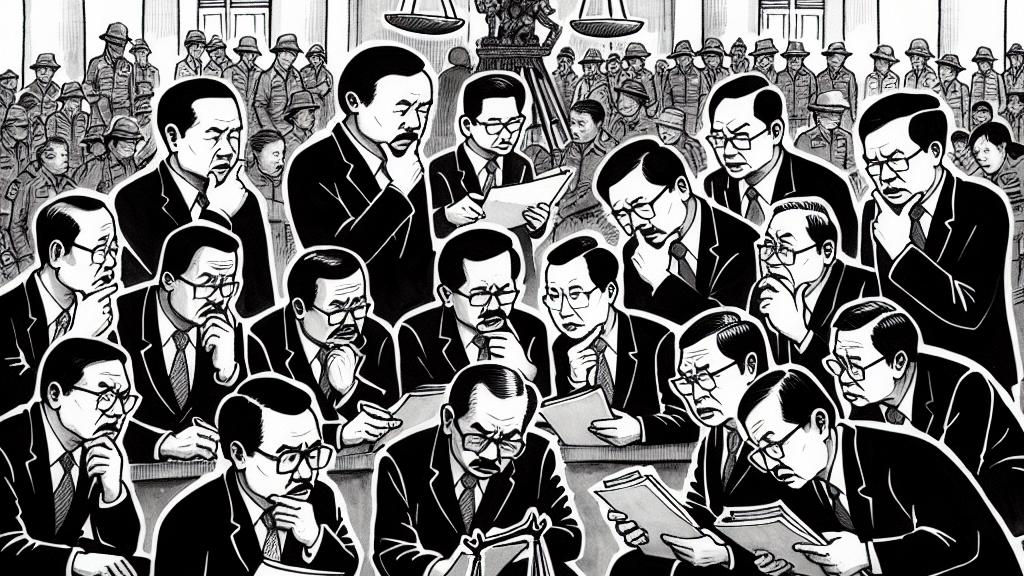Ethics Under Fire: The MFP's Fight with the Law
Overview
- A probe is launched into 44 former MPs of the dissolved Move Forward Party regarding ethical conduct.
- The investigation focuses on their support for amending Thailand's lese majeste law, which criminalizes criticism of the monarchy.
- If found guilty, they may face disqualification from future elections, signaling a significant blow to progressive political movements.

Initiating the Investigation
In Thailand, political tensions escalated dramatically in August 2024 when the National Anti-Corruption Commission (NACC) initiated a thorough investigation into 44 ex-members of the now-dissolved Move Forward Party (MFP). Following their support for an ambitious bill to amend the lese majeste law—legislation aimed at preventing criticism of the monarchy—the NACC's inquiry highlighted the precarious balance politicians must maintain when addressing deeply rooted legal and cultural norms. The investigation was instigated by a petition from lawyer Theerayut Suwankesorn, who argued that the MFP's actions posed a significant threat to the constitutional monarchy. This situation underlines the severe consequences of political advocacy and the necessity for ethical standards in governance.
The Role of the Constitutional Court
The Constitutional Court’s ruling received national and international attention, as it unanimously ordered the dissolution of the MFP, asserting that their efforts to revise the lese majeste law amounted to an attempt to destabilize the monarchy, thus violating the constitution. High-profile political figures like former MFP leader Pita Limjaroenrat now find themselves facing a 10-year ban from political activities. This ruling illustrates a broader trend of central power aligning against progressive movements, leveraging legal means to reinforce traditional hierarchies and stifle reformative voices. Observers note that the court's actions represent a calculated maneuver by conservative forces to consolidate power and silence dissenting opinions in a rapidly evolving political climate.
Future Implications for Politics in Thailand
The ramifications of this investigation are profound and far-reaching. If the NACC determines that the 44 MPs are guilty, they may face disqualification from future elections, effectively crippling progressive movements and limiting their influence in Thai politics. Such strong actions against these politicians signal a looming challenge for those advocating for reform and open political discourse. The inquiry promises to be meticulous, allowing for every accused individual to present their case, though skepticism remains about the impartiality of the process. As Thailand's political landscape continues to evolve, this critical moment serves as a reminder of the delicate interaction between reformist ambitions and conservative governance, making it essential for activists and citizens alike to remain proactive in advocating for their rights and freedoms.

Loading...